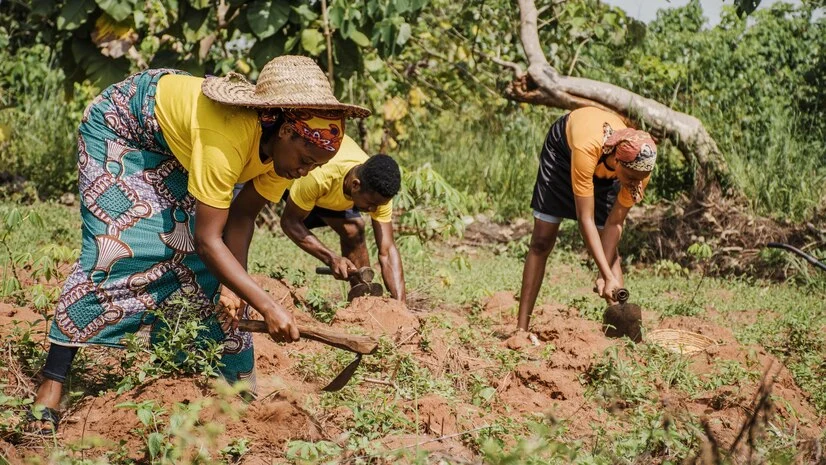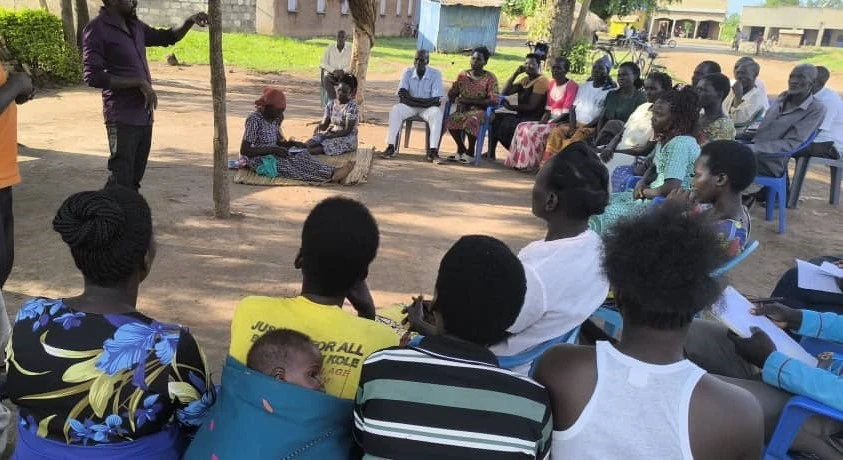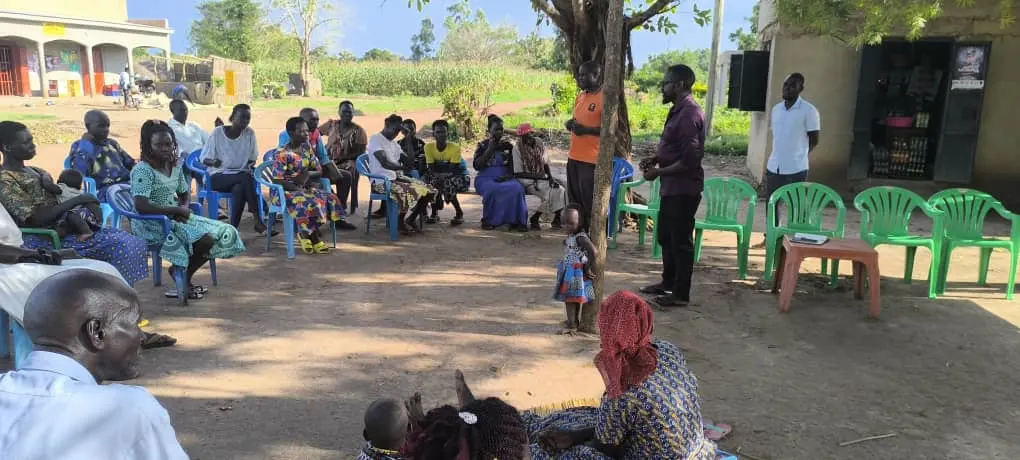Agro-tourism, a blend of agriculture and tourism, is becoming an increasingly popular way for people to experience rural life and sustainable farming practices. Agrosahas International PVT LTD is at the forefront of this movement, offering unique agro-tourism experiences that not only educate visitors but also benefit local communities. In this blog, we’ll explore how agro-tourism helps communities, examples of sustainable agricultural practices, the core elements of sustainable agriculture, and the principles of sustainable tourism.
In What Ways Does Agritourism Help the Community and Local People?
Agro-tourism has a profound impact on local communities and people. Here’s how:
- Economic Benefits: Agro-tourism generates additional income for farmers and local businesses. Visitors spend money on farm tours, local produce, accommodation, and other services, boosting the rural economy.
- Job Creation: The influx of tourists creates employment opportunities in rural areas. This includes jobs in hospitality, tour guiding, and the production and sale of local goods.
- Cultural Preservation: Agro-tourism helps preserve and promote local culture and traditions. Visitors learn about traditional farming methods, local cuisine, and cultural practices, fostering a greater appreciation for rural heritage.
- Education and Awareness: Tourists gain insights into sustainable farming practices and the importance of environmental conservation. This increased awareness can lead to more support for sustainable initiatives and responsible consumption.
- Community Development: The revenue generated from agro-tourism can be reinvested into community development projects such as infrastructure improvements, educational programs, and healthcare services.
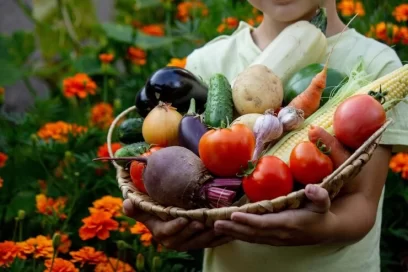
What is an Example of a Sustainable Agricultural Practice?
One example of a sustainable agricultural practice is crop rotation. This method involves alternating the types of crops grown on a particular piece of land across different seasons or years. Crop rotation has several benefits:
- Soil Health: It improves soil structure and fertility by alternating deep-rooted and shallow-rooted plants.
- Pest and Disease Control: It reduces the buildup of pests and diseases that can occur when the same crop is grown repeatedly in the same place.
- Biodiversity: It promotes biodiversity by creating a more varied agricultural ecosystem.
What Are the 3 Elements of a Sustainable Agriculture Approach?
Sustainable agriculture is built on three core elements:
- Environmental Health: Practices that protect and enhance the environment, such as reducing chemical inputs, conserving water, and promoting biodiversity. Methods like organic farming and permaculture are key examples.
- Economic Viability: Ensuring that farming is economically sustainable for farmers. This involves adopting practices that reduce costs, increase productivity, and provide fair wages and working conditions.
- Social Equity: Promoting fair treatment and opportunities for all stakeholders involved in agriculture. This includes providing access to resources, education, and fair trade practices.
What is the Sustainable Tourism Approach?
Sustainable tourism aims to minimize the negative impacts of tourism on the environment and local communities while maximizing the benefits. Key principles include:
- Environmental Responsibility: Reducing the carbon footprint of tourism activities, promoting conservation, and using resources efficiently.
- Economic Contribution: Ensuring that tourism benefits local economies by creating jobs, supporting local businesses, and investing in community development.
- Cultural Respect: Preserving and respecting local cultures and traditions, and ensuring that tourism activities are culturally sensitive and enriching.
- Visitor Education: Informing tourists about sustainable practices and encouraging them to make responsible choices.
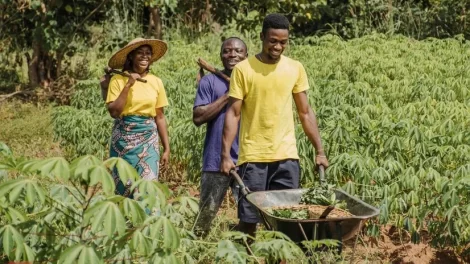
Agrosahas’ Agro-Tourism Initiatives
Agrosahas International PVT LTD has implemented several agro-tourism initiatives that embody these principles:
- Farm Tours and Workshops: Visitors can tour our farms to see sustainable practices in action, such as crop rotation, organic farming, and water conservation. Workshops offer hands-on experiences in planting, harvesting, and preparing organic products.
- Local Cuisine Experiences: Our agro-tourism packages include meals prepared with fresh, local ingredients. Visitors can enjoy traditional dishes and learn about the nutritional benefits of sustainable produce.
- Cultural Events: We host cultural events that showcase local music, dance, and crafts. These events help preserve and promote the rich cultural heritage of our rural communities.
- Eco-friendly Accommodations: We provide eco-friendly lodging options for visitors, such as solar-powered cabins and tents made from sustainable materials. This ensures that their stay is comfortable yet environmentally responsible.
- Educational Programs: We offer educational programs for schools and organizations to promote awareness of sustainable agriculture and rural development. These programs are designed to inspire the next generation of environmental stewards.
Conclusion
Agro-tourism presents a valuable opportunity to showcase sustainable farming practices and promote rural life. At Agrosahas International PVT LTD, our initiatives not only provide memorable experiences for visitors but also deliver tangible benefits to local communities. By embracing sustainable agriculture and tourism principles, we contribute to a healthier planet and a more equitable world.
By visiting Agrosahas, you not only enjoy a unique and enriching experience but also support the sustainable development of rural areas. Join us in our mission to foster a deeper connection between people, agriculture, and the environment.

